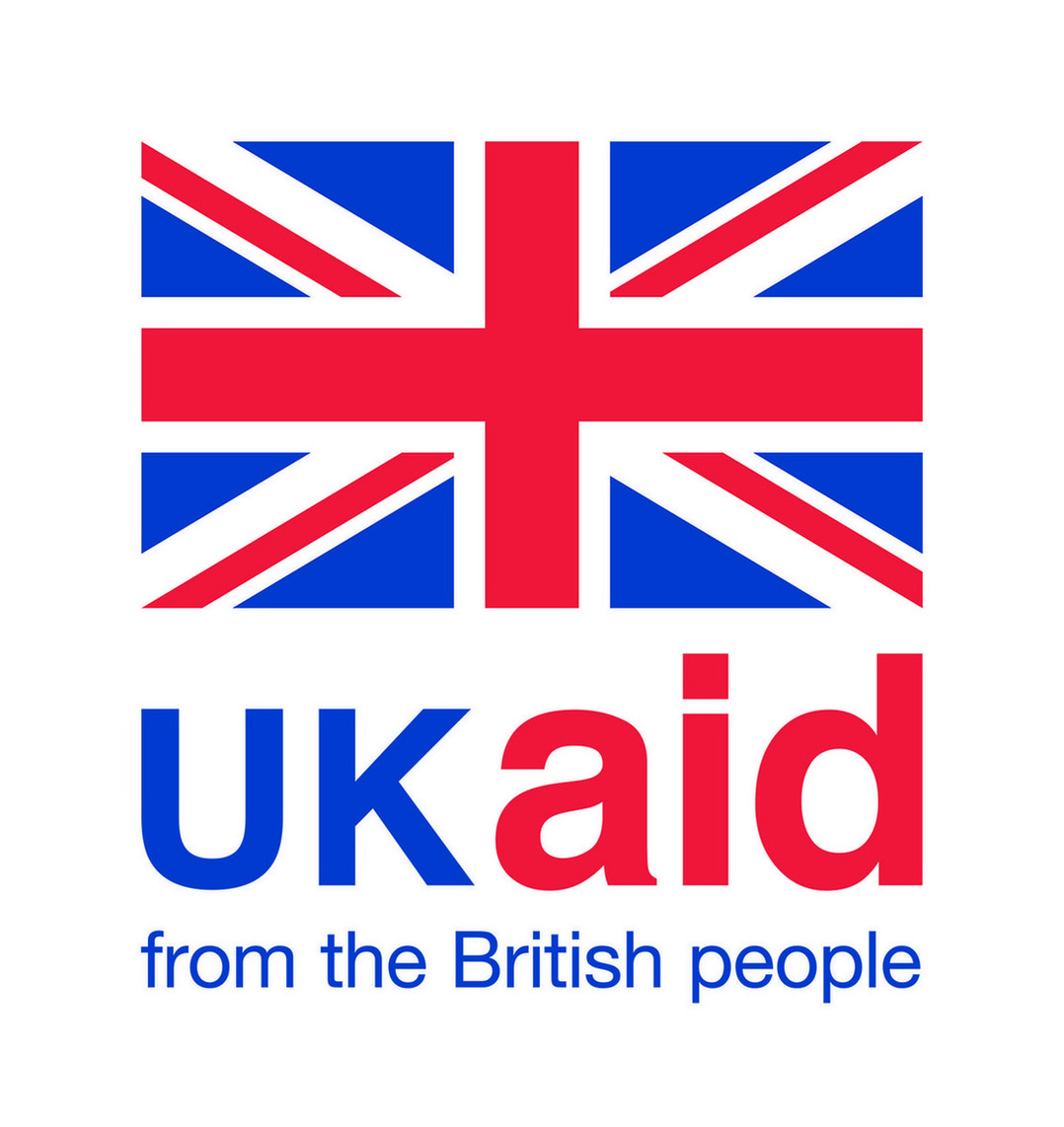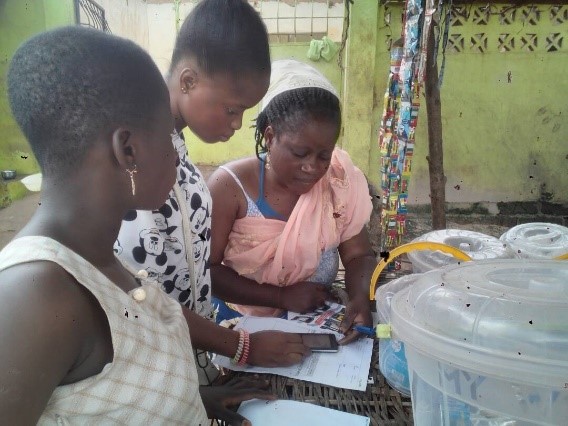This blog was written by Salima Fazal Karim, former Senior Market Engagement Manager for Mobile for Development Utilities.
In 2015, the GSMA Mobile for Development Utilities Programme awarded a grant to Manobi. Manobi aims to boost rural water utilities’ efficiency and performance transparency to make them more investible. The company does this through a digital management platform for Water Pipe Systems (WPS) operators to log operational data from their rural micro-water utility networks. As part of the grant, Manobi, in partnership with MTN and Moov Benin, developed new functionalities for its existing mWater mobile app and platform to enable mobile water bill payment and profit and loss (P&L) reporting. They also collaborated with MTN and Moov to extend their network of mobile airtime resellers and mobile money agents in rural areas of Benin, the original idea being to supplement WPS operators’ income with mobile service distribution commissions.
Manobi integrated their platform with both MTN and Moov’s platforms to enable water consumers to pay their water bill by mobile money. They also worked with the MNOs to establish a customer journey and user experience – based on USSD – adapted to their customers, in particular to show the outstanding bill amount and to offer the option to pay previous bills in addition to the current one.
After delays linked to the technical integrations and an in-depth public reform of the rural water sector in Benin, Manobi signed addendums with 65 WPS to activate the new functionalities. In this blog, we will examine the results from five WPS for the period of June to September 2017.
Training on water bill payment by mobile money. Photo credit: Manobi
Preliminary findings
39 per cent of paying water consumers use mobile money to pay their water bills.
The five WPS have 239 water connections consisting of a mix of individual (private), community as well as fountain connections. Out of these 239 connections, only 85 connections or users are paying their water bills. The other 154 connections or users are not paying for various reasons:
- Either they are using other sources of water such as surface water; or
- Choosing not to pay their bills, in general because the water supply is unreliable or broken.
33 out of the 85 paying users, or 39 per cent, are using mobile money to pay their water bills, which is much higher than the baseline of only 8 per cent of respondents using mobile money at all. Out of these, only 6 per cent are women, which accounts for only 5 per cent of the mobile money transactions. The baseline gave a good indication of the limited penetration when only 1.8 per cent of phone and active SIM owners were women using mobile money.
Users chose MTN for 86 per cent of mobile money transactions, which reflected their opinion at baseline of MTN’s network coverage being good (76 per cent), and their perception of MTN being positive (74 per cent).
Mobile money payment, like payment in general, is affected by the underlying quality of the water service
The adoption of mobile money across WPS varies greatly, with the WPS in Illasso reporting 100 per cent of water bills paid by mobile money vs. the WPS in Mankpohou reporting only 15 per cent. The main reason behind this wide disparity is the quality of the water service at each WPS. In Mankpohou, the WPS repetitively broke down between June and September whereas in Illasso, the water supply was continuous. Therefore, one sure way to drive mobile money payment adoption and payments in general is to first and foremost improve the water service itself so that more customers are willing to pay.
Other factors affecting the adoption of mobile money payments include whether customers are closer to the WPS operator and can therefore be reminded, encouraged and shown how to use mobile money for water bill payment. Whether customers are altogether more receptive to innovation and new technology of course also plays a role.
Mobile money payments have smaller transactional value than cash payments
From June to September 2017, 40 per cent of water bills were paid with mobile money and yet only represented 7 per cent of the total value of water bills. The average payment amount for mobile money transactions was $5 vs. $51 for cash transactions. As the mWater platform requires a payment for the whole bill when using mobile money, users therefore prefer to pay by cash and in instalments when they have larger amounts to pay (or when they are dissatisfied with the water service as seen above). This explains the high proportion of private connections (88 per cent) among mobile money users. Water bills for fountain connections tend to be higher since they service multiple households. Fountain operators thus prefer settling their water bills in cash rather than having to pay the whole bill if they use mobile money.
Airtime and mobile money distribution as a new income-generating activity is a better proposition for WPS users who already have a commercial activity rather than for WPS operators
Manobi initially envisioned having the WPS operators as airtime distributors and mobile money agents in order to ensure adequate mobile money coverage for the water consumers and supplement the operators’ income. However, out of the five WPS, Manobi only signed one up to be a distributor. They found that the others were reluctant due to their illiteracy and limited familiarity with mobile phones. Manobi thus recruited water consumers who also owned a shop to be distributors instead.
These five airtime and mobile money agents handled 647 mobile money transactions (cash in, cash out, airtime purchase) for 316 users (including the 33 mobile money users of water bill payments). Cash outs represented 50 per cent of transactions and 76 per cent of the earnings from the distribution commissions. Manobi also earned a commission.
Next steps
As financial statements are prepared between 1 January and 31 March each year, the P&L functionality will be tested early in 2018 and prove whether it can facilitate commercial finance investment into water network expansion.
Based on these preliminary results, Manobi will continue to work with WPS operators and MNOs to improve the awareness and education of mobile money. They will also work with the remaining 60 WPS to roll out the next functionalities and drive adoption of mobile money payments. Furthermore, they will deploy their platform to all WPS in Benin. As part of its national commitment to secure access to drinkable water for all, the Government of Benin decided that all 650 government-funded WPS and host municipalities would be equipped with Manobi’s digital platform.
This initiative is currently funded by the UK Department for International Development (DFID), and supported by the GSMA and its members.


